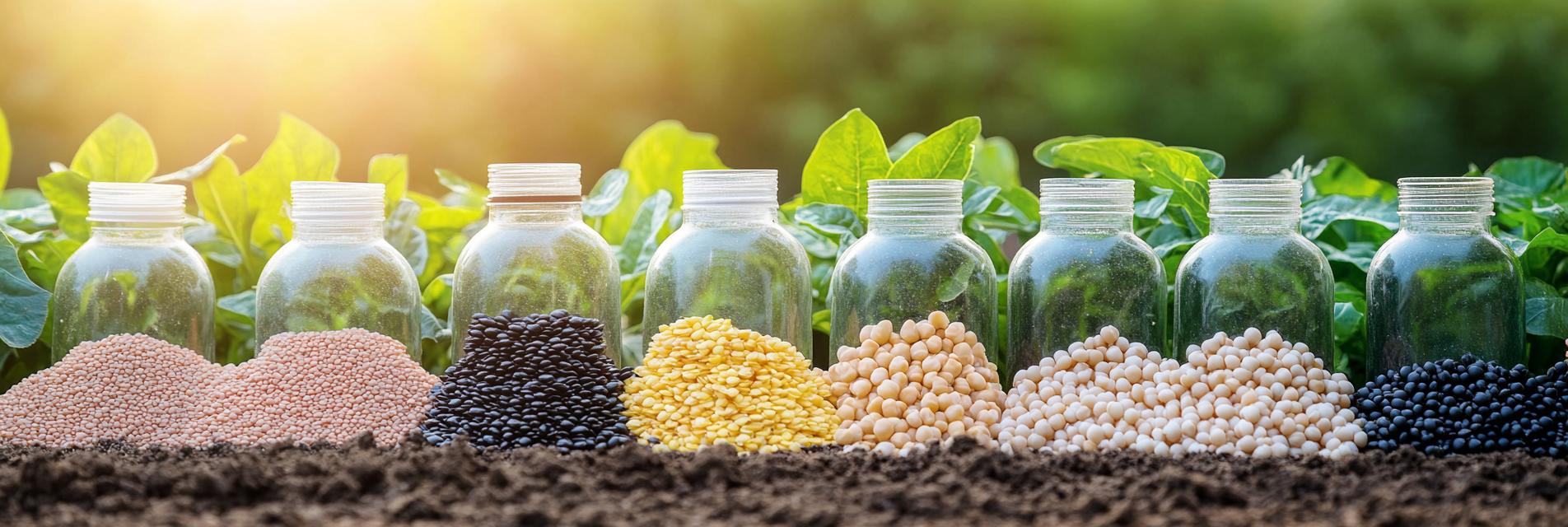Selecting the appropriate fertilizer for your crops is critical for optimizing growth and achieving healthy yields. Each crop type has unique nutrient requirements, and understanding these needs can make a significant difference in your overall crop management strategy. This article explores practical scenarios to help farmers select the right fertilizer for their crops effectively.
Different crops have distinct nutrient needs depending on their growth stages, soil conditions, and local climate. For instance, leafy vegetables like lettuce require a balanced supply of nitrogen for optimal growth, while root crops like potatoes may benefit from a higher potassium content.
In the case of leafy vegetables, a slow-release nitrogen fertilizer can promote steady growth. However, if the soil is deficient in other essential nutrients, such as phosphorus and potassium, incorporating a balanced NPK fertilizer may be necessary. Farmers should also consider the timing of fertilizer application to ensure nutrients are available when the plant needs them most.
Root crops often need fertilizers that can enhance root development. A fertilizer rich in potassium can help improve tuber quality and yield. Applying the fertilizer at the planting stage and then side-dressing during the growing season can also support optimal growth and prevent nutrient depletion.
Farmers often face challenges in fertilizer applications, such as over-fertilization or nutrient leaching. Understanding soil health through testing can help mitigate these risks. Conducting a soil test allows farmers to tailor their fertilizer applications specifically to the nutrient levels already present in the soil, leading to improved crop health and reduced environmental impact.
Choosing the right fertilizer for your crops is essential for achieving optimal yields and ensuring sustainable agriculture practices. By understanding the unique nutrient requirements of your crops and applying fertilizers appropriately, you can overcome common agricultural challenges and foster healthier crop growth.
